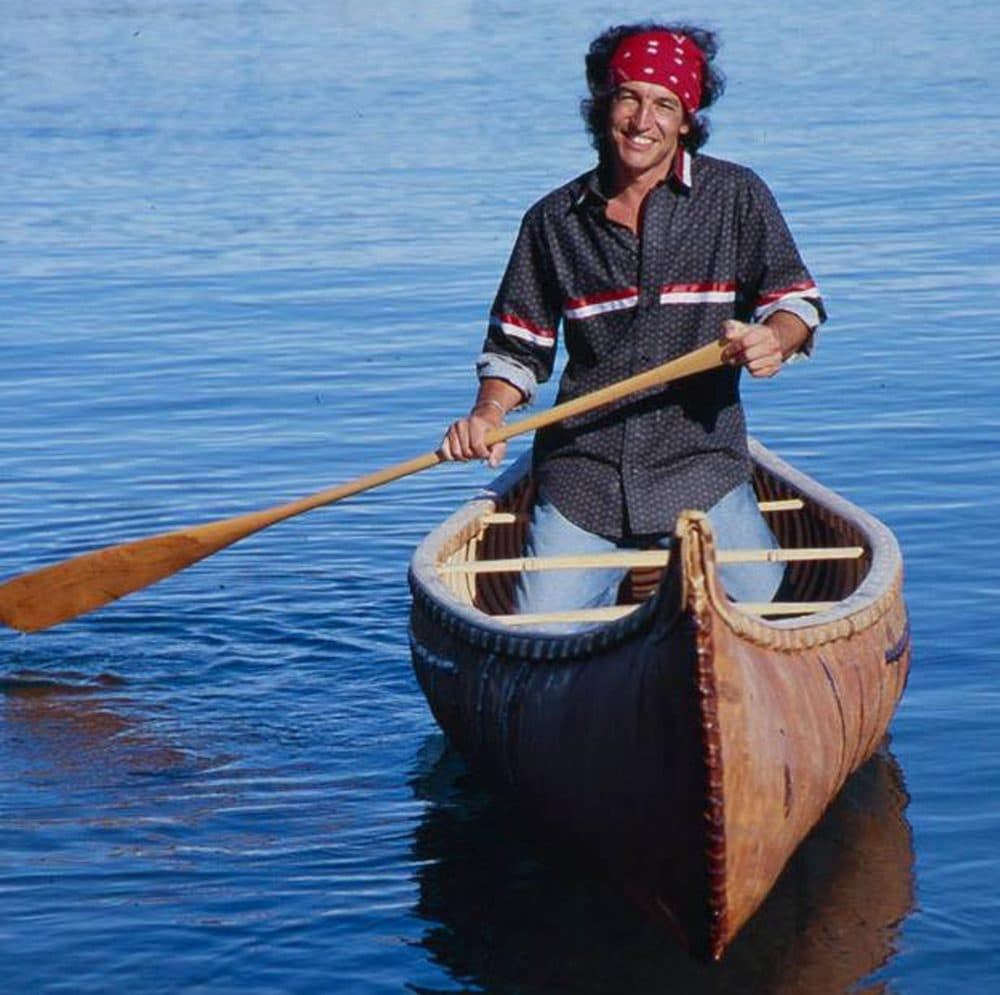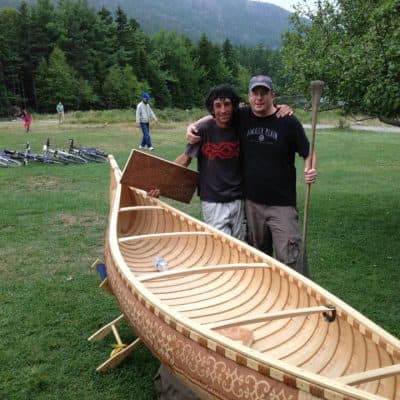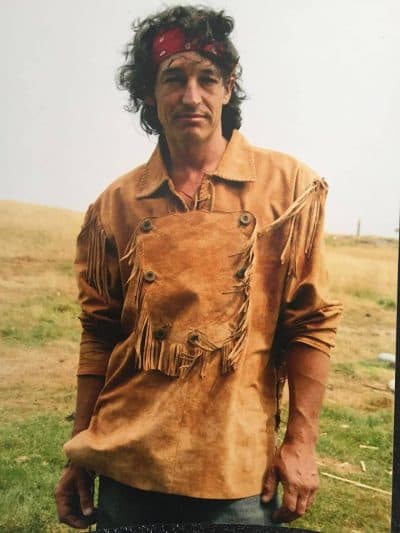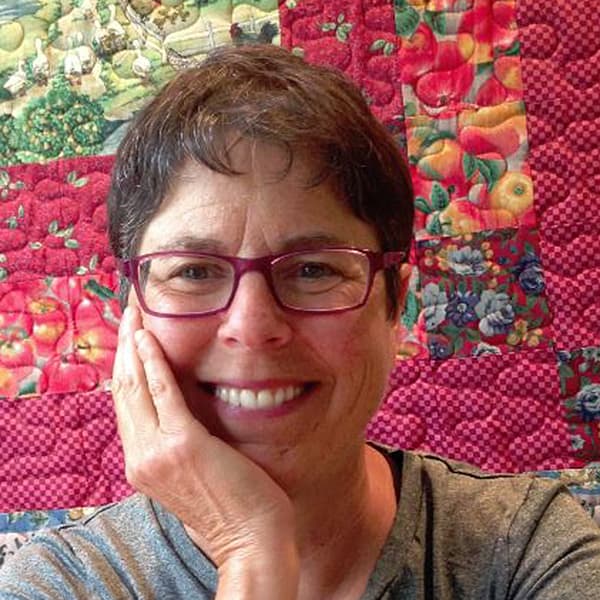Advertisement
David Moses Bridges, Bar Harbor Resident Who Embraced Native American Traditions, And Nature, Fully
Resume
"I’ve known the canoe since it was still on the trees,” David Moses Bridges said about his life's work."

Using the tools of his Passamaquoddy Native American great-grandfather, and the techniques of his ancestors, it took David a year to assemble each full-size birch bark canoe in his Bar Harbor, Maine, workshop.
David dug spruce roots and scaled forest birches, peeling them in such a way that life underneath could continue. He carried the wood home on his shoulders and, from hull to pegs, crafted everything by hand. The boats he built were works of art hung in water.
Lars Knakkergaard met David as a 14-year-old boy enamored of a charismatic summer camp counselor. Wandering through a crafts fair years later, he noticed a sign for a birch bark canoe demonstration. The artisan was familiar to Lars’ past self.
"I went over and stood and observed him as he was doing his demonstration," Lars remembered. "And he looked over at me, and immediately he said, 'Lars Knakkergaard!' We hadn’t seen each other for 17 years, and he just looked over, and he recognized me right away without me saying anything. I was totally blown away."
Their roads crossed many times after that, sometimes by intention, sometimes by magical happenstance.
"He was a teacher, in a lot of ways," said Lars, "not just in his craft, but in the way he lived. He just lived the life that he wanted to live, and that he felt connected him with his ancestors."

Sinus cancer did not stop David — when he was able — from crafting canoes or weaving intricate birch bark baskets. When his cancer was no longer treatable in Boston or Portland, he returned to the Reservation. It was his wish to die there.
“Tradition is that they light a fire when somebody dies, and they keep that fire going until the person’s buried,” Lars said. “So they had this fire going in January, and it was very stormy and windy and rainy, and they kept this fire going. People would go over and maybe throw some sage in the fire, or just stand and think about David.”
At his burial, a ranger from the National Park Service stood by in full uniform, like a representative of the forests he’d known so well and the waters he’d loved so much.
To nominate someone for remembrance, please email remember@wbur.org.
This segment aired on January 31, 2018.
